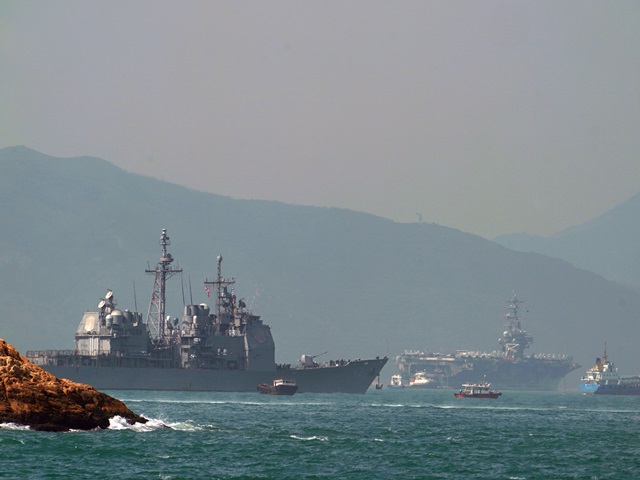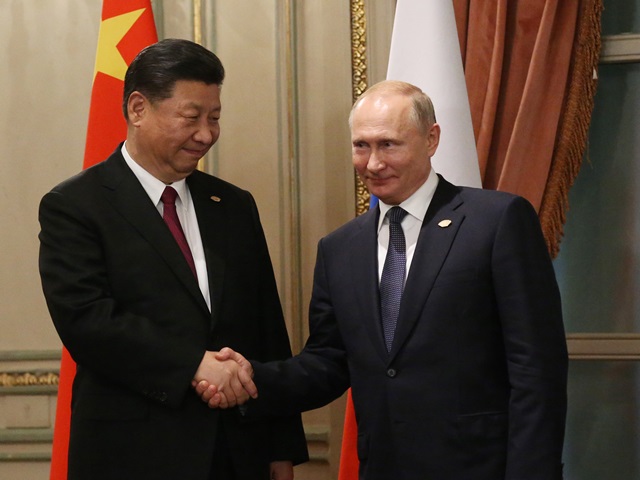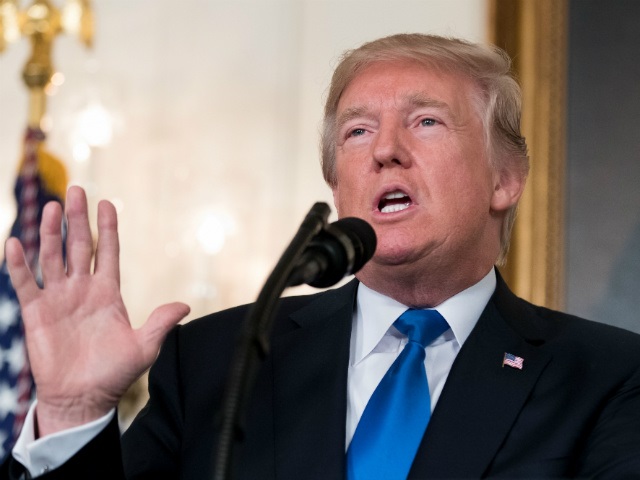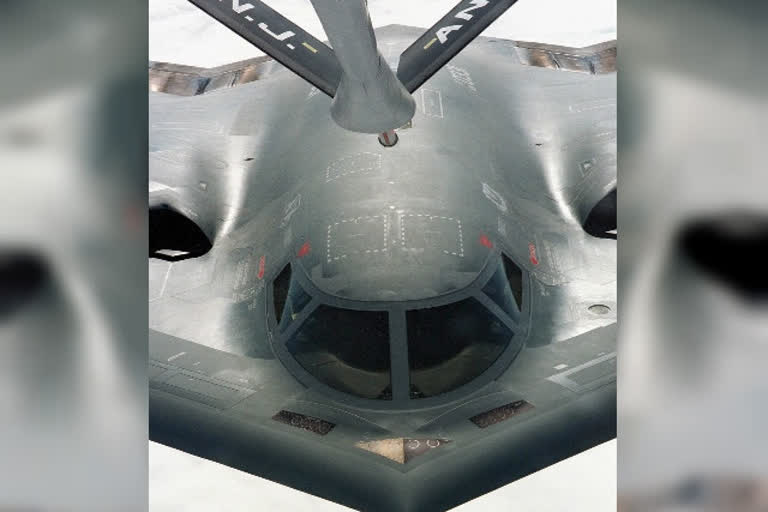Hyderabad: The month was December. It was very chilly in the largest country of the world. But people were not mindful of the bites of cold. Some were boiling with anger, some were too stunned to react, some were crying - but most of the people of the Union of Soviet Socialist Republics were plain curious. They were waiting with bated breath to see what was there to unfold. Then came the day.
December 25, 1991 was the day when Soviet Union's hammer and sickle flag was lowered for the last time over the Kremlin. In its stead was hoisted the Russian tricolor, which was ironically once the flag of the Tsarist regime which the Russian revolutionaries led by Lenin destroyed. Mikhail Gorbachev resigned as President of the Soviet Union. Boris Yeltsin took over as the President of the new Russian state.

The West rejoiced at the fall of the mighty communist country. The world's communists became crestfallen. Elsewhere people heaved a collective sigh of relief at the end of the cold war. Nearly three decades later, the world is watching the arrival of the same age, as if like a re-entry. Increasingly the two sides of the cold war era - the US and USSR (read Russia) are staring at each other with renewed vigour. And the world looks on with growing apprehension - a kind of mixture of helplessness and trepidation.
When the USSR fragmented and various states were formed, the US became and remained the world's only super power. We saw what that meant before and during the Iraq war when the US bludgeoned the world into supporting its invasion of Iraq. Well, those halcyon days for the US seem to be going considering the way the world is shaping now.
Also Read:Australians evacuate, prepare before cyclones
With an increasingly canny Chinese diplomacy and the increasing assertiveness of Russia, US hegemony is eroding. So much so that the US does not advance beyond a certain point in South China Sea dispute or in the issue of Crimea. A top US diplomat says that it is inconceivable to take Crimea back from Russia by force, though the US is ready to provide military aids to Ukraine from which Russia annexed Crimea.

So both China and Russia know that they are militarily so powerful that the US, irrespective of its superior military and economic strength, will find it daunting to go for any misadventure. The only thing that the US can do and it is doing just that is to slap more and more sanctions on the two, which again do not deter them even if they inflict financial pain.
In fact if we see the pattern of statecraft as employed by both Russia under Vladimir Putin and China under Xi Jinping, we will find that both the countries are working very methodically to expand their areas of influence. Especially Russia which is fast trying either to become a parallel force where the US is operating or to fill in the vacuum the US is creating by withdrawing from the theatres of troubled areas.
Take for example Afghanistan. With the US decision to withdraw from there, Russia is slowly but steadily making inroads among the most powerful of Afghan forces - the Taliban. Russia is already a recognized player in the Afghan theatre. Russia is also making friends with Saudi Arabia, the traditional US ally. Its support of Iran and Syria in gross defiance of the US lends a strong image to Putin and creates a halo around his inscrutable head. Putin also increases Russia's influence in Egypt. Near home, Russia is increasing its clout in Pakistan - traditionally a US boy. There in the US backyard, Russia is strongly supporting the Maduro government in Venezuela despite the US efforts to unseat the Venezuelan President.
China, on the other hand is pursuing its dream One Belt One Road (OBOR) project and getting small countries into its fold. In Africa, Chinese aids are winning many African governments. While it expands its global presence quietly, China bares its fangs when things come to the South China Sea. Despite US battleships patrolling the South China Sea or more recently B2 bombers flying over, China remains as definite as ever in staking its claims over the vast expanse of the SCS.
Also Read:Emergency OIC meeting in Turkey after NZ attack
The US flew its B2 bombers just two days back near Russia too which Russia caught on camera but did not chase. Such show of strength however remains in the realm of demonstration of might only and is ineffective in deterring the countries for which the exercises are displayed in the first place.

The reason for both Russia's and China's aggressive behaviour lies as much as in the interests of the countries as for the interests of the leaders, Putin and Xi in these cases. In a democracy Presidents and Prime Ministers come and go but in countries that become dictatorial despite the democratic facades, it is the inflated ego of the rulers that wants to remain satiated with unending reign of power.
In China Xi Jinping becomes the President for life, and gets it validated by the CPC, and in Russia Putin continues in his position through controversial polls. Both the leaders want to assume a larger-than-life image and enjoy unbridled power. And both use the state machinery to further that end. To consolidate and cement their acquired power they need to expand their areas of operations and befriend or subjugate less strong countries much the same way the kings and conquerors of the old centuries used to do.
All these anger the US. The trouble is, the US can do precious little except issuing warnings and increasing its military strength. Which again creates more troubles as China and Russia do the same.
So the game goes on with no sides really winning or getting an upper hand, but it vitiates the world affairs and bring in the chill of the cold war. The only difference this time is that during the post-World War II era there were two major players. Now there are three. And hence more troubles.



